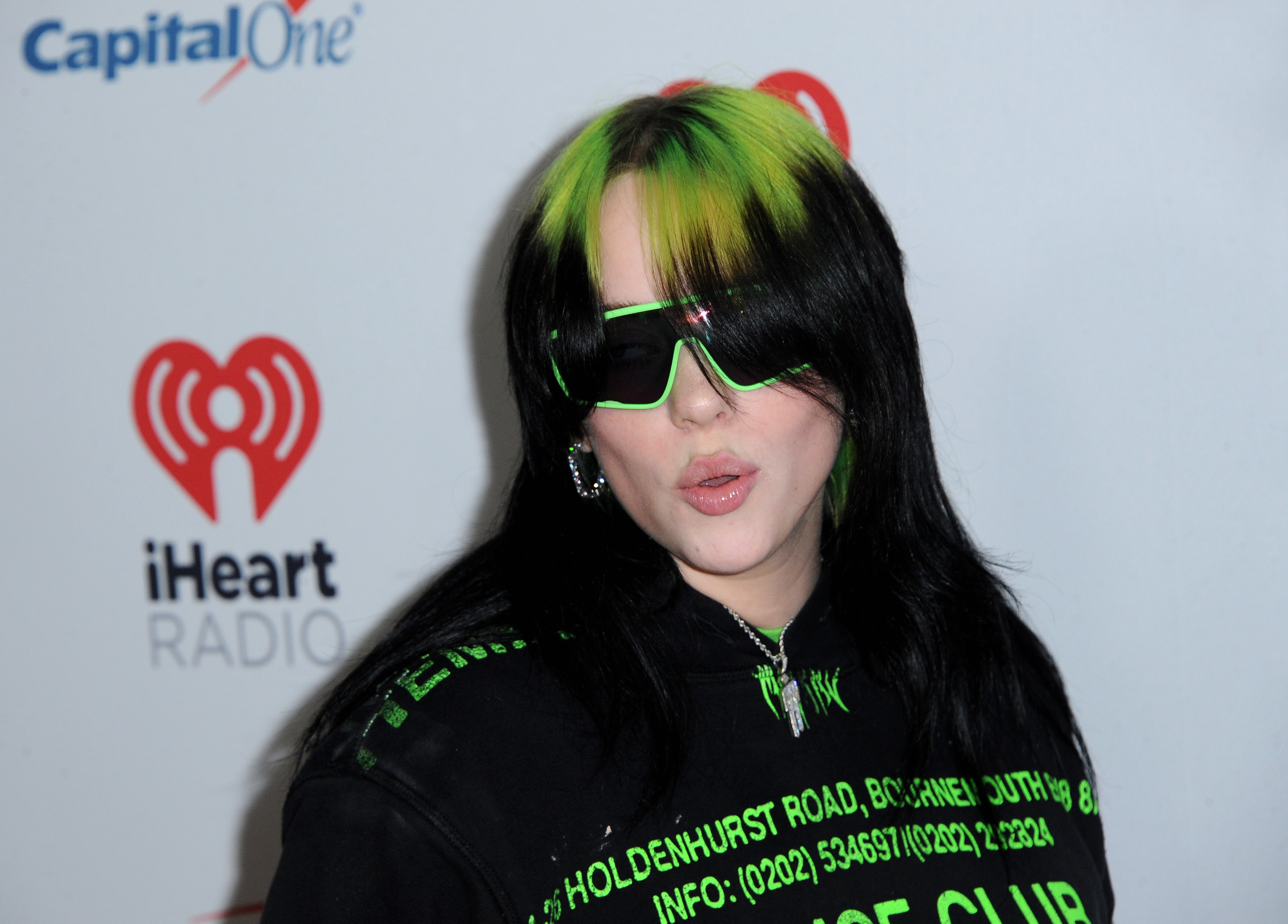The likes of Diplo, Cyndi Lauper, Fall Out Boy, and Becky G. signed the document calling on the Senate Committee on Commerce to do more to stop bots and scammers making buying tickets a laborious task.
The letter began: "As artists and members of the music community, we rely on touring for our livelihood, and we value music fans above all else. We are joining together to say that the current system is broken; predatory resellers and secondary platforms engage in deceptive ticketing practices to inflate ticket prices and deprive fans of the chance to see their favourite artists at a fair price".
It went on to slam "predatory resellers" who are plaguing fan experiences". They said: "Predatory resellers should not be more profitable than the people dedicating their lives to their art".
If the bill passes it wants to prohibit "fake tickets and deceptive marketing tactics that trick our fans into paying more for tickets that may never get them into a show".
'What Was I Made For?' hitmaker Billie was recently among 200 music stars to call for the "predatory" use of generative AI in the music industry to be stopped.
The letter - which was also signed by the likes of Sam Smith, Jon Bon Jovi, Nicki Minaj, and Katy Perry - was sent to machine-learning software companies, which called for tighter regulations on the technology in the industry to "protect against the predatory use of AI to steal professional artists' voices and likenesses, violate creators' rights, and destroy the music ecosystem".
The letter, which was produced by the not-for-profit organisation Artist Rights Alliance (ARA), read: "Make no mistake: we believe that, when used responsibly, AI has enormous potential to advance human creativity and in a manner that enables the development and growth of new and exciting experiences for music fans everywhere.
"Unfortunately, some platforms and developers are employing AI to sabotage creativity and undermine artists, songwriters, musicians and rightsholders. When used irresponsibly, A.I. poses enormous threats to our ability to protect our privacy, our identities, our music and our livelihoods.
"Some of the biggest and most powerful companies are, without permission, using our work to train AI models. These efforts are directly aimed at replacing the work of human artists with massive quantities of A.I.-created 'sounds' and 'images' that substantially dilute the royalty pools that are paid out to artists. For many working musicians, artists and songwriters who are just trying to make ends meet, this would be catastrophic."
The organisation warned that unregulated machine-learning software would "devalue" the work of musicians.
